Written by: Sam Potter (BSc(Hons), MPhilVSc (Equine Nutrition)
Gut health can greatly influence the overall health, performance and behaviour of your horse and believe it or not, something as simple as the amount, quality and type of forages/fibre within your horse’s diet plays a key role in supporting gut health.
With many regions of New Zealand more frequently experiencing prolonged drought periods, or heavy rainfall leading to very wet ground, leading to limited pasture availability, it is important to remember the importance of forage within your horse’s diet and how you can ensure your horses gut health is not compromised by the challenges of sourcing forage.
Feeding plenty of forage is the most important part of your horse’s diet. Failure to provide enough forage can have serious implications including increased risk of colic, weight loss, diarrhoea and negative behavioural changes. As a rule, you should aim to feed 1.5- 2 % of their body weight of fibre per day to maintain normal gut function. To avoid the trap of thinking you are feeding enough forage/fibre but actually are not, regularly weigh your hay and other forage/fibre sources.
With very dry or very boggy pasture unlikely to be contributing greatly to your horses’ diet, the inclusion of enough other forage sources is essential. Hay is generally the most suitable and beneficial forage option for your horse. If you don’t have a sufficient quantity of hay stored, sourcing suitable hay should be a priority, especially if you have a laminitic horse that relies on low starch hay.
This may require you to source hay outside of your local area or even Island to ensure you can source an appropriate variety of good quality hay. If you can’t inspect the hay prior to purchasing, ideally buy from a reputable hay supplier to avoid lower quality hay which may contain mould, be contaminated with weeds or animal matter and be excessively dusty - as these can be problematic for your horse’s health.

As the drought or flooding progresses if you’re struggling to find a reliable source of your usual hay, look at alternative forage sources to extend your hay supplies. This where you can also use highly digestible fibre sources like sugarbeet pulp, soybean hulls, lupin hulls and copra meal, with other alternative sources of fibre such as Pea Hay or straw, or wheat or barley straw.
But it’s recommended you should feed at least half of your horse’s fibre as forage and hay, so that there is some indigestible fibre in the mix to keep your horse’s gut full, and reduce the risk of colic.
When using alternative fibre sources to meet your horse’s fibre intake, it is important to remember that horses have evolved to eat little and often.
Due to the nature of pasture and hay, both long stem fibre sources, horses are required to chew these for longer compared with alternate forage sources like chaff, hay cubes etc which are comprised of short stem fibre. Increased chewing encourages more saliva production, naturally buffering the stomach and its contents. Increased time spent chewing long stem fibre forage sources also maintains a steady flow of feed into the stomach for a longer period. This limits the time the stomach may be empty and provides a physical barrier to stop gastric acid from the lower portion of the stomach from splashing up and damaging the unprotected upper portion of the stomach, a cause of gastric ulceration.
If you’re rationing hay or feeding a diet of completely short stem forage sources in set meals, ensure your horse does not go for periods longer than 2-3 hours without eating, to keep their gut healthy and mind content. Slow hay feeder nets are a great way of making hay last longer.
Despite the challenging weather conditions we face, it is important to pay close attention to your selection of forages/fibre to ensure your horses gut health is not affected. Feeding adequate amounts of good quality forage, making dietary changes slowly and being prepared during these times will help to ensure gut health is maintained and your horse remains in good health.
If you’re concerned that your horse’s gut health may be compromised by changes in their diet, Digestive EQ may provide additional support to maintain healthy digestive balance and Digestive VM may provide missing vitamins and minerals.














